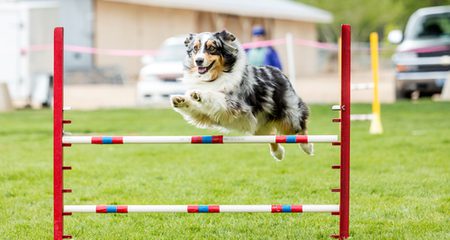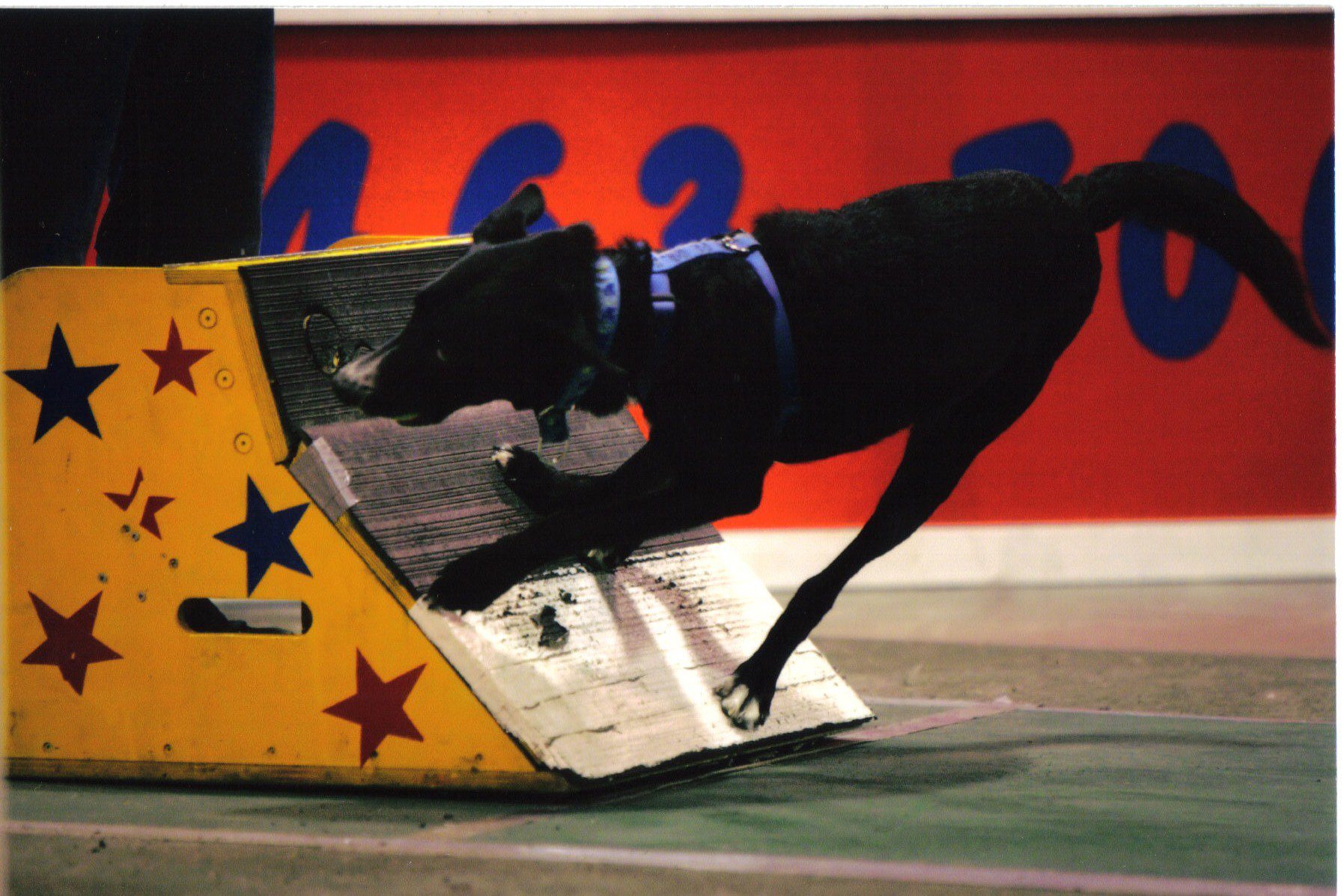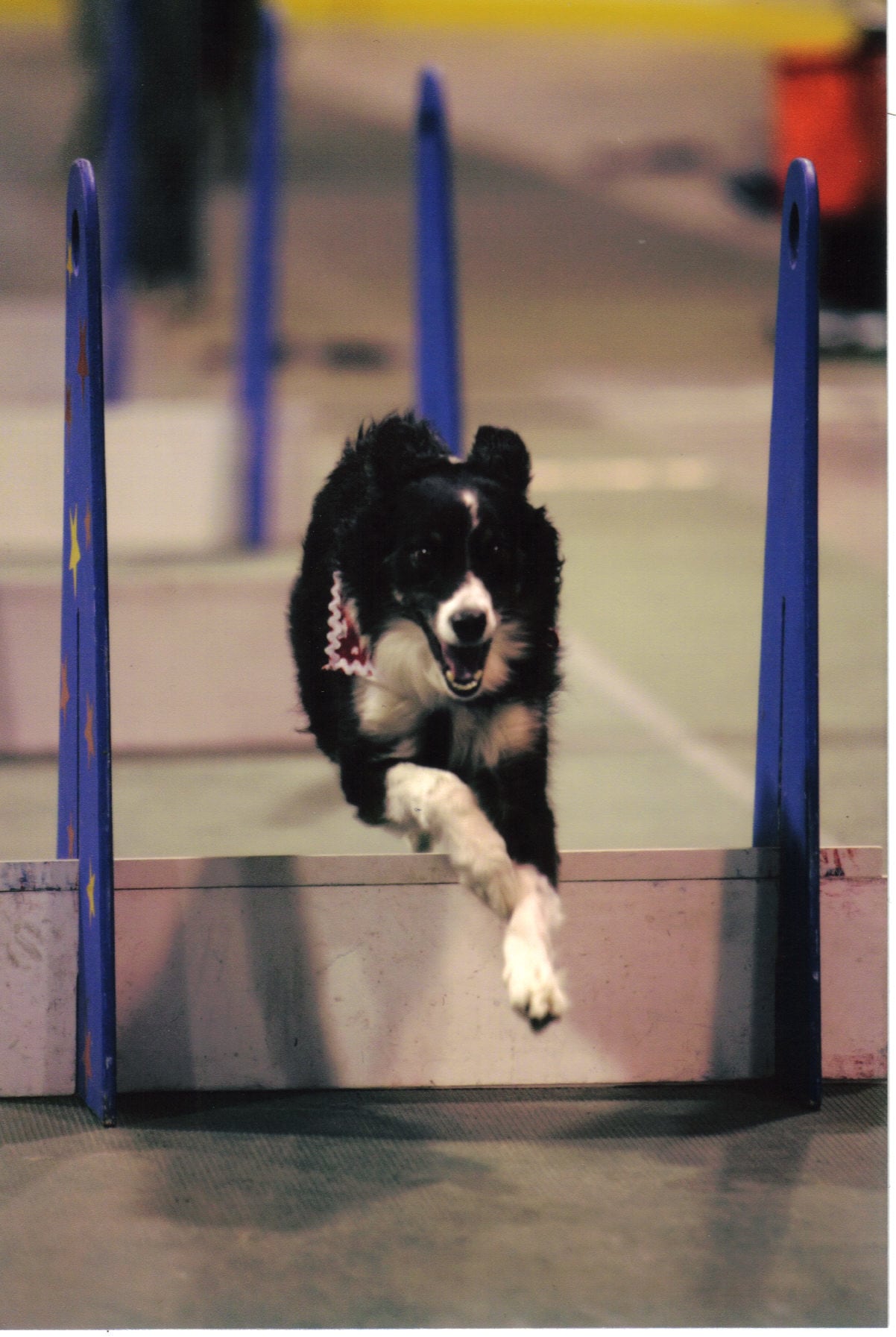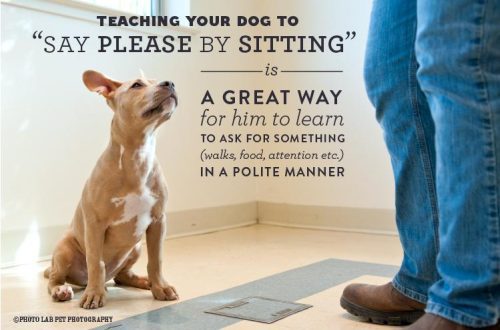
How to prepare your dog for competition
Imagine that you are watching TV on a Tuesday evening. The kids are asleep, and only you and your beloved furry friend are sitting hugging each other on the couch. Flipping channels, you stop at a dog competition show and wonder, “Will my dog be able to do something like this? Is dog training really that hard? Maybe we should start too? If you are seriously considering entering your dog in a competition, know that you are not alone. Some shows and dog sports involve thousands of competitors.
How to prepare your pet for competitions? What is needed for this? The breed, behavior, age, and agility of your dog will greatly determine whether or not it can become an ideal participant. So, how do you choose whether to watch a show on TV or be a part of it? These five factors will help you decide if your pet is ready for all the attention, and will also tell you how to prepare for the big day.
Contents
1. Is your dog interested?
Of course, you can seriously consider participating in dog competitions as your new hobby, but have you thought how interesting it is for your dog? Rachel Sentes has been a dog trainer for almost 16 years and has traveled all over the country with her dogs Lucy and Daisy to compete. Her first piece of advice is to try the sport with your dog before signing up for any competition. “In a few weeks, you will understand if this sport is suitable for her. Dogs are always great to see how interested they are in what they do. It’s important not to force them to do something they don’t like, because reward and enthusiasm is key.” This does not mean that your dog has to be a professional from the start. It simply means that she should enjoy your tests and workouts. If it’s not competitive or you don’t like the sport you’re training in, it will affect the results of the competition.
 2. Find the right sport for your dog.
2. Find the right sport for your dog.
Remember that it is your dog that will be competing, not you, so even if you are interested in a particular sport, your dog should enjoy it too. We recommend that you learn more about which sport is best for her, taking into account her breed and behavior.
Rachel says: “If you have a dog who loves to run and catch the ball but doesn’t like to bring it back, then a flyball probably won’t work. And if he has a strong hunting instinct and loves to run fast, catch the ball, and then bring it to you, then this dog can most likely be trained for this sport. She continues: “Agility is best suited for a dog that likes to be independent, but accepts your commands and listens very well. Such animals love to receive rewards and perform well in games where there are tasks of both low and high complexity at the same time. This is a very general description of how to understand if your dog likes to play sports. Basically, you watch her every day and note what she likes to do, and then use it to your advantage. For example, if she enjoys tumbling and jumping, then most likely a canine freestyle will suit you. If she enjoys running after toys and swimming, try dock diving. If she enjoys chasing flying objects, try dog frisbee training.”
3. Excellence in practice.
Get ready to spend a lot of time preparing your dog for competition. Remember, you need to focus on the skills for sports disciplines, as well as her behavior and appearance. Much like the training you did when you first got a dog, it takes a lot of effort to prepare your pet for canine competition. Consistency is key, so when you’re working on any skill your dog needs to learn, make sure you don’t skip steps or reward mediocre actions (or behaviors!). Require your pet to perform at a high level, and he will make every effort to meet your expectations.
4. Check your dog’s health.

Canine competitions involve a lot of work and can be a real challenge for your dog’s body. Before the start of any competition, be sure to take her to the veterinarian for a complete examination. You want her to compete at her best, which means feeding her a complete and balanced diet. No extra treats, and if you’re using treats as part of your training regimen, make sure they’re good for your dog’s health. If your dog is not feeling well, or if your veterinarian notices something suspicious on examination, cancel the competition until he is better. Although your pet may sincerely enjoy participating in competitions, it is still a lot of stress for her. For her to achieve good results now and in the future, her physical health must be at its peak.
5. Prepare for the day of the event.
Congratulations! You’ve made it to the competition. After all this hard work, you and your dog are ready to show off all the skills they have learned. But how do you prepare? “On the day of the event, try to avoid the hustle and bustle, feed the dog and walk with him as usual,” says Rachel Sentes. “Let the dog get used to the venue and the new smells. Do everything you did in training until the event.”
It is important to note that the environment will be very different from what your dog is used to. R. Sentes advises: “Of course, dogs will be more excited during the competition, so it is very important to spend some time alone so that they feel safe. Let them stay in their personal space or enclosure until the very beginning of the event, so they can rest.” And remember, it’s okay to take your dog somewhere when he’s not performing. “I used to always take my dogs off the set when I could, because it could get really noisy,” Rachel says.
The world of dog competition is extremely interesting and exciting for any dog and its owner. With the right training, your pet could be the next prize winner other people see on TV.



 2. Find the right sport for your dog.
2. Find the right sport for your dog.

